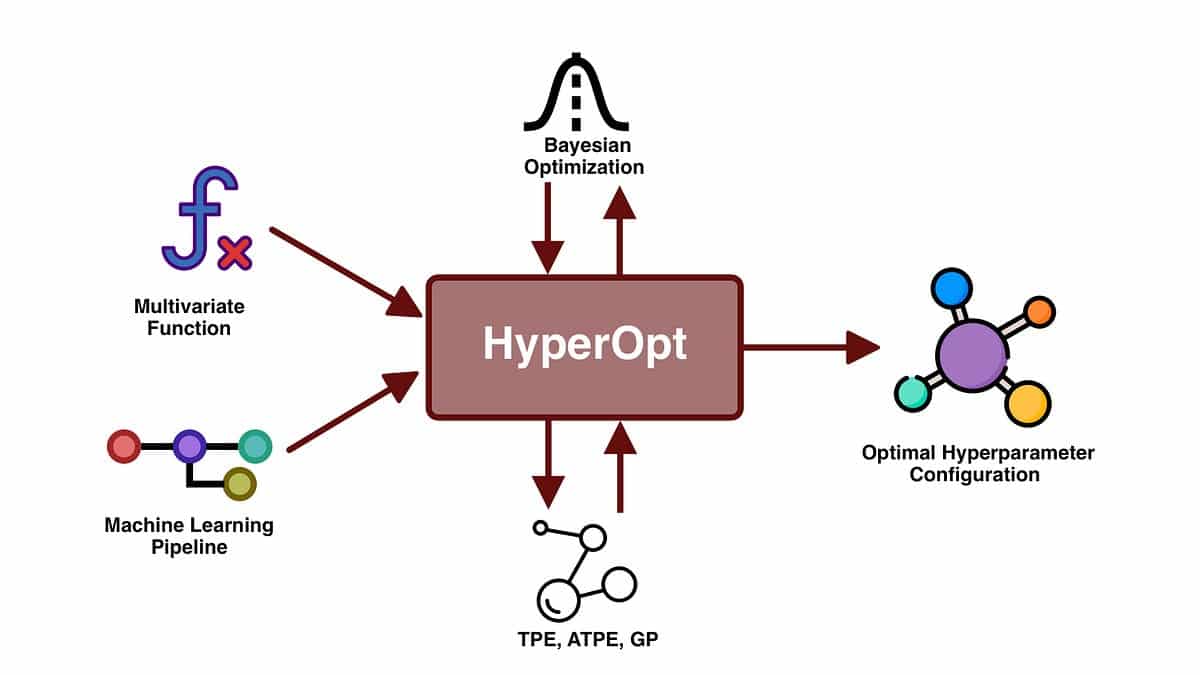Artificial intelligence (AI) has become a ubiquitous presence in our lives, permeating various industries and sectors. However, its impact on individual expertise and skill sets is a topic of discussion. While AI has shown great potential in certain areas, it can actually make experts worse at what they excel in.
Key Takeaway
AI’s true potential lies in complementing human expertise, not replacing it. Utilizing AI tools in areas of weakness can enhance performance, but relying solely on AI for tasks that require specialized knowledge can hinder one’s capabilities. Job security in the face of AI disruption necessitates ongoing skill development and adaptability in rapidly evolving industries.
The Mediocrity of AI
AIs are designed to be generalists, capable of accumulating vast amounts of knowledge and information. Their purpose is to provide average or mediocre solutions by drawing from a wide range of data. This fundamental characteristic inherently limits their ability to surpass the expertise of individuals who have dedicated years honing their skills in a specific domain.
AI Tools for Areas of Weakness
Despite their limitations, AI tools can be tremendously beneficial when utilized in areas where individuals lack proficiency. For example, for those who struggle with writing or artistic endeavors, AI-powered language generation tools like ChatGPT can offer support and enhance their outcomes. These tools can assist white-collar workers in their day-to-day tasks, providing a resource to improve their overall performance.
The Impact on Job Security
However, the increasing reliance on AI in certain sectors raises concerns about job security. As AI technology continues to advance, there may come a time when professions such as office managers or secretaries face greater economic uncertainty compared to occupations that cannot be automated, like house cleaners. This realization highlights the need for individuals to adapt and continuously develop new skills that are less susceptible to AI-driven displacement.

























